We have already covered in our earlier blog post why, now more than ever, you need a website for your business. Are you in the market for a new or redesigned website? let’s explore the 16 smart questions to ask before hiring a web design company.
Engaging a technology company can be difficult if you are not sure what to ask for in order to ensure they deliver the desired results. This happens mostly when you do not have an IT expert on board.
When engaging with suppliers for any services you seek, company brand promotion and functionality should always be the primary consideration. How does the service being offered help grow your brand profile?
The design and development of your website should ensure your online brand grows in the long run. It should also be functional enough to optimize the user experience. The questions we have prepared, cover 4 main parts to guide you and your team in engaging the right web designer/developer.
Planning, Design and Development questions
1. Is your website design SEO friendly?
This is the most important question to ask before hiring a web design company. With the growth on internet searches, a website that is not SEO friendly will not meet your company goals.
After the website development, it is important to work on optimizing the site to increase your visibility and reach. You should always insist that your developer employ some optimization mechanisms to ensure your website, as good as it may be, reaches the targeted search audience.
The website developer can conduct basic SEO then propose on advanced SEO alternatives after the website is launched.
2. What platform will you build the site from?
There are multiple website development platforms by different service providers. A website development platform is what defines the general theme look and feel of your website.
You can integrate different colors but the structure of the website heavily relies on the platform being used. It is important to know the website platform that is being used by your developer to know if it will suit your long-term needs.
Say you run a spare parts shop; you will likely be updating your site regularly with offers and new inventory. Platforms like HTML, WordPress, Joomla are the best for such websites as they are easy to manage and update. This is because they do not require expert programming skills. With some basic training from your web designer, you should be able to manage your own website after it has been developed and launched.
Asking this smart question gives you as the client an idea of what you can expect from the web development company and evaluating whether this matches your objectives.
3. How long is the website development phase?
Clearly agreeing on how long it will take to have your website live is very important. Set timelines ensure you have your website developed and ready for use within the required time allowing you to meet your business targets. It also helps your developer to plan accordingly for resource allocation to ensure they deliver on the project within the agreed period.
Most website projects take between 14 – 30 days after agreeing on the client requirements and budget. However, large projects that involve the integration of other software systems could take longer depending on the level of integration required.
It is worth noting, however, that delays can sometimes be occasioned when the client delays with sharing of the required content. Also if the designer/developer encounter an unforeseen hurdle during the development phase.
Maintain constant communication with your developer to manage this challenge.
4. What is their development process?
A website project plan offers a guide on what to expect from the developer. A good developer should have a clearly stated and documented development process that can be tracked by both parties to ensure the project is developed and handed over in the required time. Check a summary of our development process on our About us page
The project plan should state the steps involved from start to finish. It should outline what the website developer needs from you as the client in terms of; client brief, content requirements and, financial commitment. All these stages should have clear timelines and format guidelines if the project is to meet the timelines agreed.
5. Who supplies content for my website?
Websites have a visual element. Usually, when clients say they want a good website they usually refer to a website that has good images on the home page and captivating messaging on the tabs.
Knowing who supplies content is a smart questions to ask before hiring a web design company. Seek to understand which images and messages would work on the website. If additional content required, agree on who this responsibility will be delegated to.
Depending on the nature of your business, the developer can advise which content will work best. If you are in the hospitality industry, the actual imagery content of your facilities and services are more effective than images bought online. The opposite would be the case if the business is a marketing agency as model imagery is effective here.
If the images are actual images of the organization, then the client will be responsible for providing the images. If the images are to be bought online or the theme is for use of illustrations, your website developer should be able to offer their expertise in coming up with a good end product.
Knowing the source of the images has the potential of affecting the overall budget of the project. Prudence is therefore recommended on both parties.
6 What kind of quality or security features do you offer?
Security is a crucial tool for your website, if you need more information about these, click on these links to read through the website security article.
If the nature of your business requires online transactions or the sharing of sensitive client information, security should be a top priority. You can ask your web developer to briefly explain to you the security measures they will take to ensure data protection and website security.
Some of the basic forms of security measures that can be taken include; password encryption or SSL (the padlock badge you see on secure websites). We will explore more of these in our next article.
7 What are the design options?
A design can be appropriate but it might not fit your brand identity.
Asking for possible design options can help you get a feeling of how the website will look like. However, because of the cost and resources required to do mock websites, the most effective way to approach this question would be to enquire on the websites that have already been done by the developer.
After you have an understanding of the type of websites they develop, then you can share your vision for how you need yours to look like.
The Web development agency will then use your brief to share a mock design that shall act as a baseline for the actual development. You can recommend adjustments or a total redesign depending on what is shown as a first concept. The project plan discussed above should act as a guideline showing you at what point to scrutinize the design and how many times, they can rework it.
8. Do I have to pay again for a new website?
This applies to clients with already existing websites?
This an important consideration to have in mind. Your current website could be needing some minor tweaks or a whole overhaul. The website company should be in a position to check what is and what’s not working on the existing website. They should then merge with the updated proposals you have in order to come up with a better design.
Reviewing your earlier website will give the new developer better insights into the weaknesses of the previous design and how to improve them.
9. Will the website fit my future growth prospects?
This is another smart questions to ask before hiring a web design company. Note that a good website should be scalable.
Businesses are always growing or expanding their product offerings and services. Being on a good platform offers some assurance of flexibility to accommodate future changes and client needs.
You should, however, note that as the business transitions, the platform may not be ideal for the new business offerings. A classic case is where a business wants to transition from creating awareness with their website to offering products for sale.
This may call for a total overhaul of the current website to an e-commerce site that requires a different kind of platform from a normal website.
Always engage your developer on the full vision of what you want the website to do and possible future plans to ensure they design a product with your long term objectives in mind.
Post Launch Phase
10. How much will you charge for the whole website project
This is indeed a smart questions to ask before hiring a web design company. Hidden costs are part of the reasons why most clients get into conflicts with their developers. Being told about a new cost you have to incur after awarding a service provider the job affects the trust relationship between the parties involved.
Be sure to enquire if the quotation provided carters for everything to avoid awkward conversations when the project has already started. Some agents have their prices transparent while others would share a quote when need be. Check out our prices and learn some of the features to include to bargain your pricing
Knowing the total cost of the project and the breakdown of the pricing shows the transparency of the company you are dealing with. A case in point is where; you have engaged a developer and shared your brief but forgot to mention a few things. A simple example would be that your business does not have a logo which is needed to sell your brand.
This is will be an additional cost to the supplier and therefore unless they are informed of this material information beforehand, you may have to pay for the logo design service midway.
Another common mistake (usually on the part of developers) is not informing their clients of the additional tax charge on their quote. Some clients assume that whatever is quoted is the full amount required. When they later learn that you expect an additional amount to carter for taxation costs, you are likely facing a conflict situation.
It is therefore important to discuss the pricing subject exhaustively before engaging on the project.
11. What are your payment terms?
Before hiring a website designer, you should agree on the payment terms.
Some developers require an initial deposit (a percentage of the full amount) before commencing work. Other developers will ask that payment be made as different millstones are achieved. On the other hand, others will not require any initial deposit but expect full payment immediately the website goes live.
It’s important to understand different payment arrangements and seek to find a plan that works well both for the client and the service provider. Some situations may call for payment in instalments or request that a purchase order be used as a guarantee that the client will pay once the work is done.
A good and reputable web developer should be flexible with the payment terms and should not insist on receiving the full amount upfront.
12. Are there other costs post-launch?
This are recurrent costs associated with website maintenance. Think of a scenario; like if you have a property, one has to pay for land rates right . The same way a website has some annual costs to carter for the hosting services and the website domain name.
A good firm will inform you of the annual payments for the website domain and hosting as well as potential maintenance costs that keep the website up and running.
Understanding these costs helps you as the client to plan and budget accordingly for future expenses. Some services like a maintenance package may be optional though very important for your business as future amendments or edits to the website can be catered for here.
13. Who will be updating the website post-launch?
This is also a smart questions to ask before hiring a web design company. Different website companies have different solutions. There are those companies that will do full updates and just ask the client to provide them with content. Other companies will offer to train you and your team then hand over the site to your team’s full control. Lastly, there are those situations where both the client and developer update the site.
All of these are good alternatives. What you chose to go with is dependent on the nature of your business. If you do not have a dedicated staff to perform this role, then you can choose the second option and transfer responsibility to your web developer.
On the other hand, if you have a dedicated workforce for this role, they can be trained and take over the responsibility of ensuring your website is up to date. We, however, recommend the hybrid system where your team is trained but some responsibilities are left with the developer. This ensures that both content and web structure updates are covered.
Most website design agencies will offer free maintenance support running a few months after the website launch. Ensure that this bit is stipulated clearly in the awarded contract.
Maintenance costs are a recurrent expenditure post-launch and should be approached critically to ensure that you don’t end up paying for services without experiencing the value addition.
About the company
14. What other projects have you worked on?
The beauty of technology firms is they can offer solutions to all available industries. To know whether your prospective web designer is competent, you can enquire about other completed projects and client portfolio. Seeing their initial work and clientele helps give you as the customer comfort that they will deliver on the task.
While previous development experience in your field may be a good thing, an experienced website company can develop a good website to suit any industry. This is mainly because creating a new website is an art just as much as it is a technical skill. Good website designers are creative enough to deliver on the client’s expectations irrespective of the industry.
15. What other services do you offer?
This question helps when you are interested in what the company is currently offering on web development and you would like to have a long term relationship.
The services could be aligned with your company needs for the website. Some of the related services to expect from a web development company include; hosting services, SEO, Social media marketing and brand promotion services.
16. What are your team members’ qualifications?
When dealing with a large project, the competency of the design and technical team is very important. Knowing the competence of the team will give you assurance of their professionalism and ability to deliver on the task.
When evaluating the prospective supplier, you should look out for their competence more than the number of team members involved.
It is also important to know who your contact person is from the development team. The contact person will be the liaison between you and the company. Their main role is to ensure both parties are aware of the development of the project and will follow through on the client’s questions and concerns.
Conclusion
The above are the 16 smart questions to ask before hiring a web design company. They should guide you in choosing which developer will meet your business needs.
In summary, you should communicate your vision clearly to the prospective web developer. Secondly, enquire on the pricing and be wary of hidden costs. Thirdly, look out for value addition propositions and have an understanding of who you are entering a business relationship with.
Do not hesitate to ask any question or seek clarification before and after choosing a website development company to guarantee that you will get your money’s worth of services.

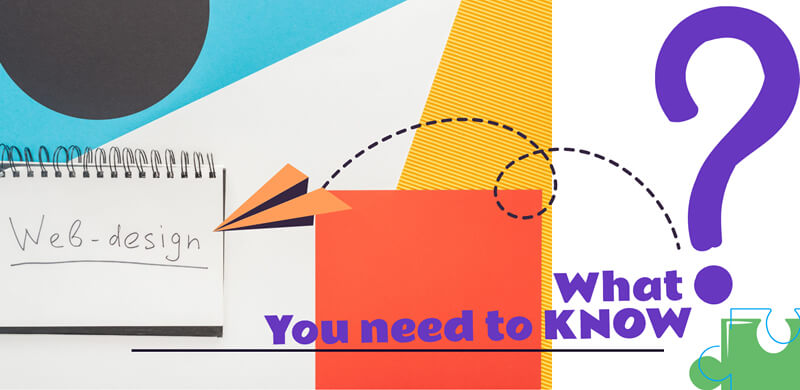
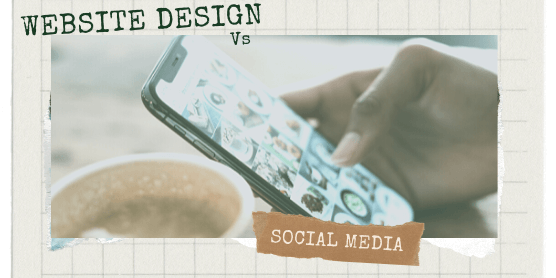

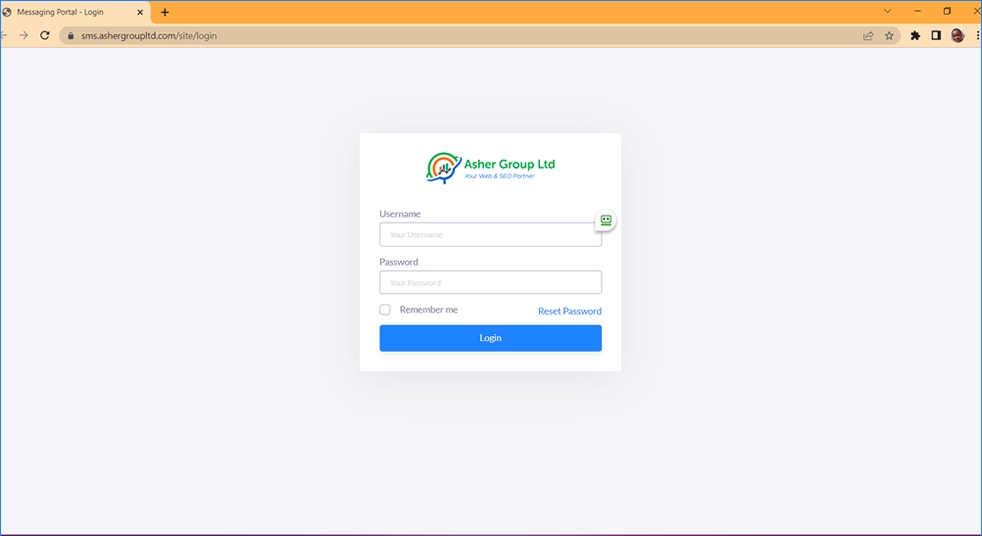
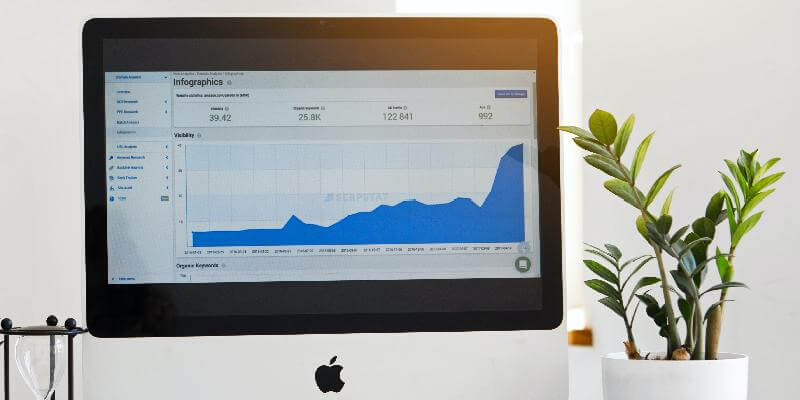
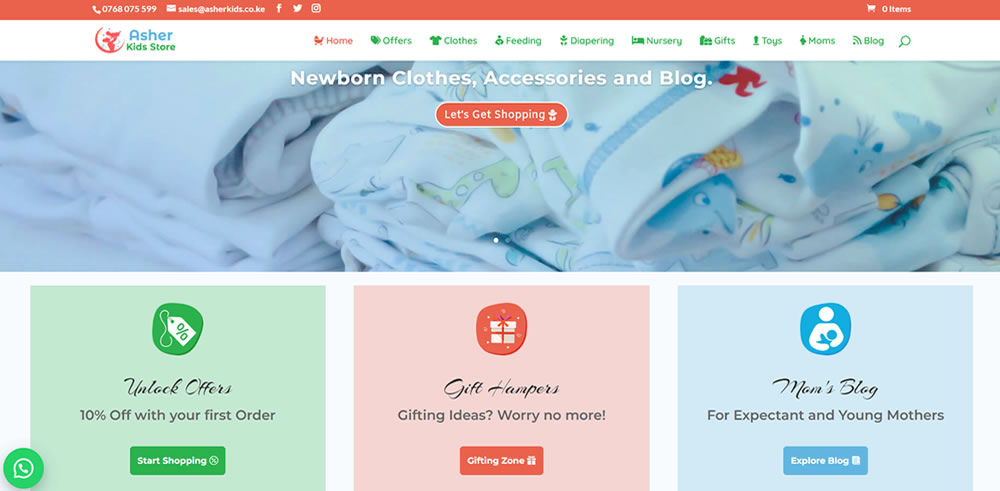
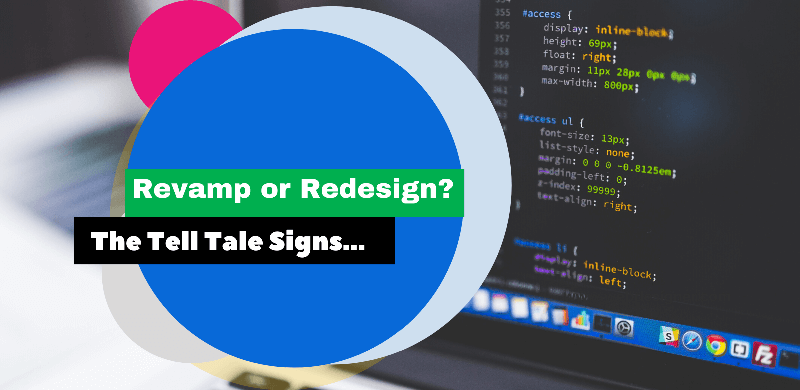
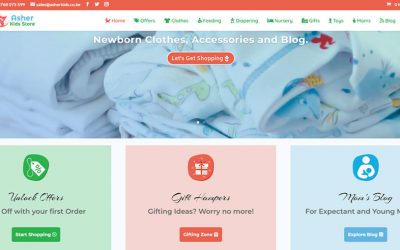
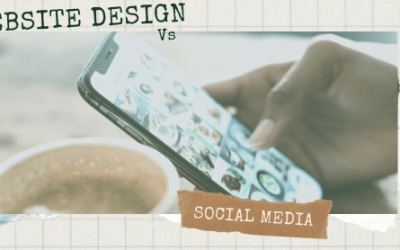

0 Comments
Trackbacks/Pingbacks